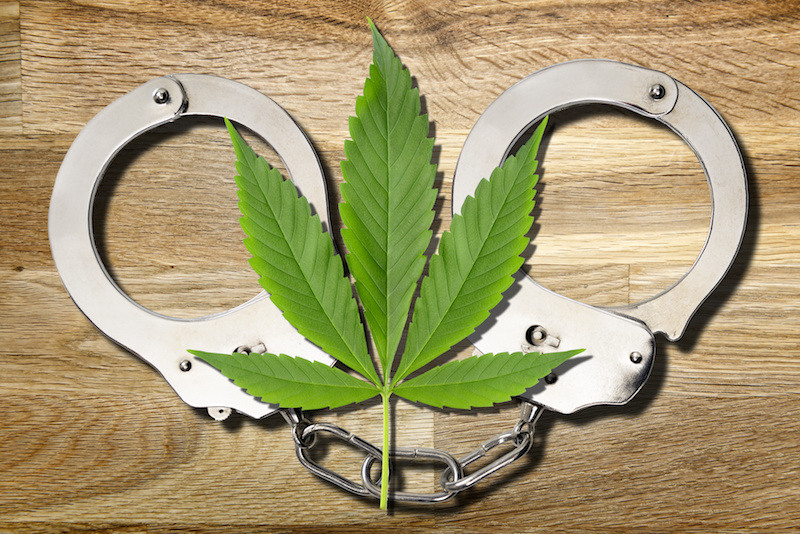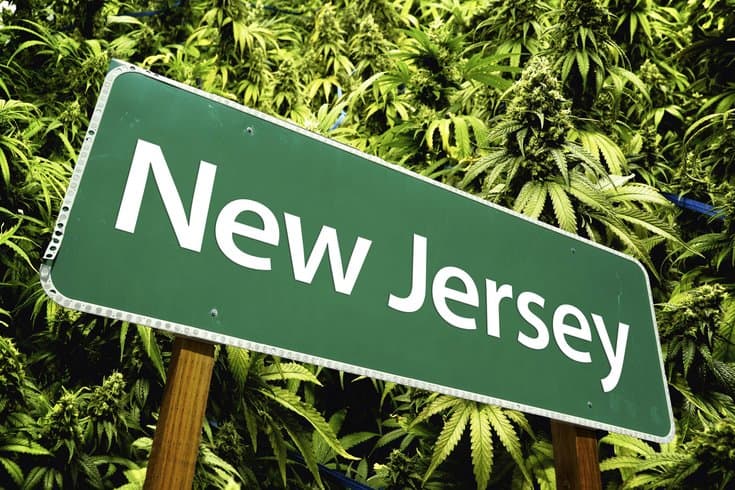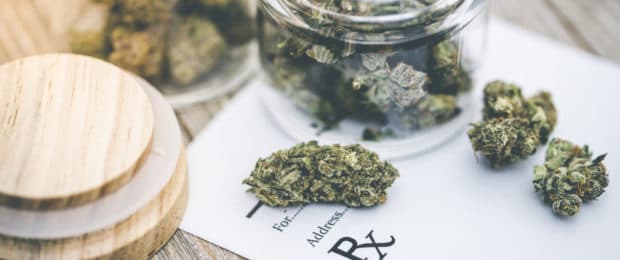


The Costly Mistake of Criminalizing Cannabis Possession
It’s been a federal crime to possess, cultivate, or distribute the cannabis plant or any products derived from it since the 1930s. The law enforcement policy built around the criminalization of cannabis has become a behemoth, arresting between half a million and...Ready for New Jersey’s forthcoming cannabis industry?
Business opportunities are quite literally cropping up left and right in the cannabis industry. It’s only fitting that New Jersey – the Garden State – is poised to join the fray. This brand-new industry comes with a lot of questions, and planning...Debunk the Skunk: Responding to Common Cannabis Myths
Proper cannabis education: we need it, and we’re not getting it. Accurate information is shockingly absent in a world where many were brought up with the singular cannabis message of “just don’t do it.” This gaping black hole allows rumors about the plant to fly...
Legalization is Underway in N.J.: Phil Murphy’s Swearing-in, Bill Update
Phil Murphy’s inauguration is something to celebrate for cannabis advocates in the Garden State. In his inauguration speech on Jan. 16, Murphy addressed New Jersey’s widely-anticipated – and widely-expected – cannabis legalization efforts, noting that comprehensive...